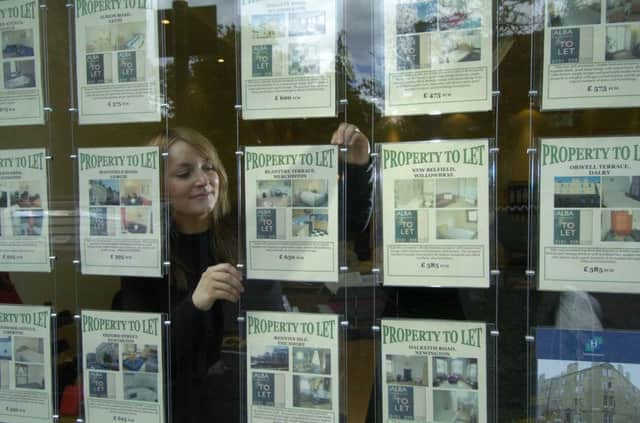Tenants should be treated as customers too


Organisations everywhere boast about putting their customers at the heart of their business. From the banks that used to like to say yes to supermarkets claiming that every little helps, there is recognition that customer opinion is critical to business success. Now new social housing regulations have come into force acknowledging that tenants are customers too. Involving us in scrutinising how our landlords are performing is now compulsory and this year, for the first time, landlords are required to involve customers in assessing how they are performing. This change will bring benefits for all tenants who find the motivation to take advantage of their new teeth.
Customer involvement in social housing is not new. It used to be known as tenant participation and as a direct result of hard work by tenant activists over a period of many years tenants and landlords must now jointly assess the effectiveness of their continuing improvement programmes under the terms of the Scottish Social Housing Charter. For some organisations this may represent a sea-change in the way they view their relationships with tenants; for others it merely formalises their existing customer-centred approach.
Advertisement
Hide AdAdvertisement
Hide AdI am the chairwoman of Castle Rock Edinvar customer direct tenant panel and we have worked hard to build trust and confidence in our landlord. Good communication is at the heart of what we do. One of my favourite phrases to use when a tenant tells me about a repair that hasn’t been attended to is to ask what the landlord said when they reported the problem. More often than not it hasn’t been reported and my response to that is always the same: how can the landlord be expected to fix something when they don’t know it’s broken?
Great things can be achieved simply by organising a tenant group to communicate with the landlord. From a personal development perspective, it is a chance to meet people from all backgrounds and to learn how the housing system works, why it works that way and how changes can be successfully achieved. We overcame many obstacles, including funding, and succeeded in having a play park provided for young children in our area. We have negotiated to have proper garden fences erected and were one of the first neighbourhoods to have central heating installed. We identified a need for additional recycling facilities and have also successfully lobbied the council to have pavements lowered after noticing infirm residents were unable to manage the kerbs and were walking on the road.
Becoming involved in tenant groups offers the chance to learn new skills, which in some cases can be life changing. Many group members have found that their confidence has grown, and some have gone on to take these new skills into employment or volunteering areas they never thought they’d be able to succeed in. For others the attraction is being instrumental in making changes so that the tenants of the future have a better service to look forward to. Young tenants in particular have so much to gain from the training that is offered, which can help with finding paid employment, and older people who are becoming increasingly isolated in the community enjoy meeting others and realising that their opinions still count.
Building up a working relationship with the landlord’s staff members at the sharp end is an added advantage and, in our case, we are now developing closer interaction with Castle Rock Edinvar board members so that we can appreciate the work they do, and they can gain a closer understanding of tenant issues.
There is little that is more important to tenants than the house they live in and how well it is maintained.
The next most important thing, after rent levels, is how well the local area is maintained. Individual complaints and concerns are listened to, but issues raised by group complaints have more impact.
If tenants feel they are receiving poor value for money there are plenty of ways of sharing their concerns.
Those who don’t wish to attend meetings can share their views in other ways, either online, in person, in writing or by simply picking up the phone.
Advertisement
Hide AdAdvertisement
Hide AdA good landlord will value complaints as a vital tool in continually improving services. There are so many benefits to tenants who become involved in actively shaping housing policy development and service management that I would urge everyone to grab their share of voice and have a say in how their community is managed.
• Tina Beattie is chair of Castle Rock Edinvar customer direct tenant panel www.castlerockedinvar.co.uk
SEE ALSO